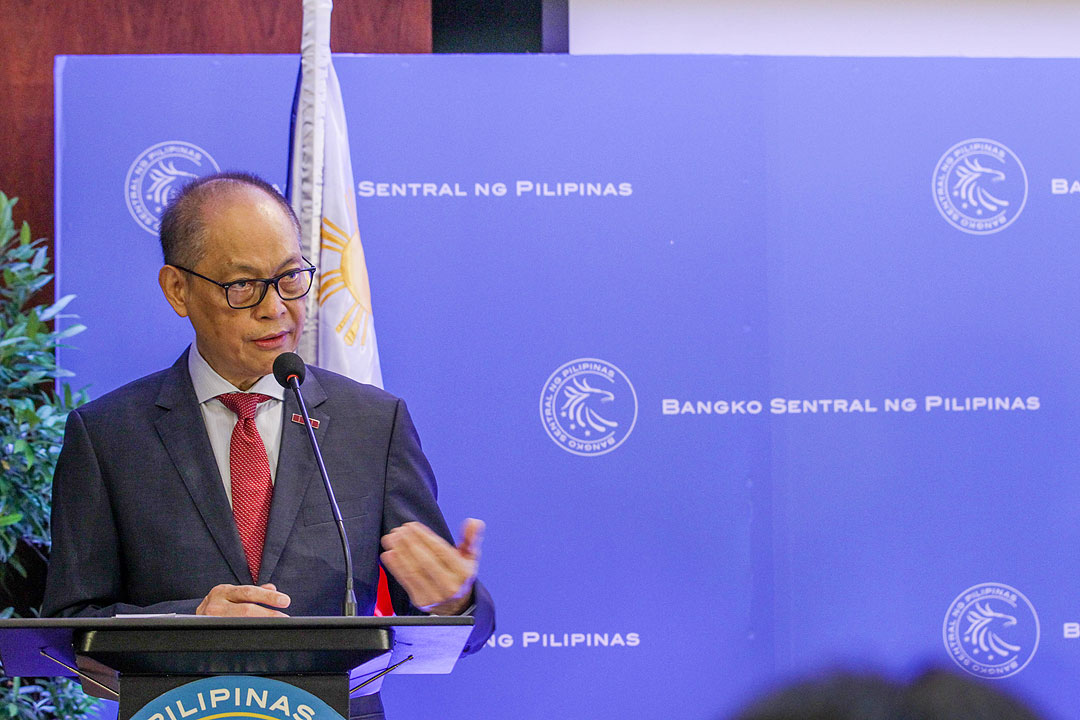No need to increase direct advances to NG — BSP

THERE MAY BE no need for the central bank to provide additional bridge financing for the National Government (NG) amid the further reopening of the economy, Bangko Sentral ng Pilipinas (BSP) Governor Benjamin E. Diokno said on Thursday.
“The way I see it, now that we have turned a corner — I’m positive about this, the number of cases has been cut, we’re now reopening the economy — maybe there’s no more need for the P540-billion bridge financing for the Department of Finance (DoF),” he said at an online briefing.
The direct advances so far availed by the National Government are in line with the Republic Act 7653 or the New Central Bank Act, which allows the BSP to lend 20% of its average revenue to the government. This is equivalent to P540 billion.
Mr. Diokno said the 30% increase that allows the National Government to access up to P850 billion in direct advances authorized by the Congress through Republic Act 11494 or the Bayanihan to Recover as One Act has not been tapped by the DoF so far.
“So I don’t see any need for additional bridge financing other than the P540 billion which is currently being made available to the DoF,” he said.
The BSP in July granted a P540-billion short-term, no-interest loan to the National Government payable within three months. This is the fourth time it provided direct advances to the National Government since the pandemic started.
National Treasurer Rosalia V. de Leon said in a Viber message that the payment for the loan has been “extended for another three months,” similar to the previous agreements.
Asked whether the National Government has been over-relying on the central bank, Mr. Diokno said: “The short answer is no. The unprecedented nature of the shock caused by the coronavirus disease 2019 pandemic required a whole of government approach to address the crisis.”
“The BSP and the National Government’s policy actions are part of the coordinated and complimentary policy responses for both monetary and fiscal authorities to restore market confidence, mitigate the impact of debt crisis, facilitate economic recovery, and minimize the long-term scarring effects on the economy,” he added.
Mr. Diokno also noted that “heavy lifting came from fiscal authorities as policy interventions such as pro-poor spending programs, public health measures and social protection schemes are more targeted and directed.”
Legislators have been pushing for a third stimulus package worth up to P400 billion. While Bayanihan III has been approved by the House of Representatives, it is still pending at the Senate. — Luz Wendy T. Noble



